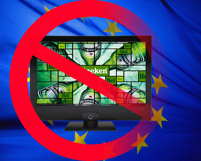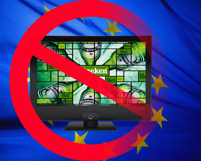
Econometric studies by Saffer and colleagues suggest that overall bans of alcohol marketing can be successful in decreasing the total alcohol consumption among adolescents. In accordance with this, in its European Action Plan (2011) the WHO recommends a total ban on alcohol advertising in Europe. The new factsheet describes the competence of the European Union to adopt a pan-European alcohol advertising ban and its legal possibilities.
The Fact Sheet concludes that a European ban is realistically achievable. Restricting the volume of alcohol advertising is one aspect of a comprehensive evidence-based alcohol policy to combat alcohol-related harm. Extensive alcohol advertising restrictions are already in place in some European countries (e.g. France, Norway and Sweden). A pan-European alcohol advertising ban is the next step in limiting the large volume of alcohol advertising in Europe, and is recommended by the World Health Organization. Existing European restrictions on advertising tobacco, gambling, and prescriptive drugs show that the EU is competent to protect its citizens by adopting extensive advertising bans. Such a ban, even when considered to be trade-distorting, can be justified on health grounds when the policy instrument proposed is seen as “proportionate” and “appropriate”. Alternatively, justification for an extensive advertising ban on economic grounds was given when an EU ban on tobacco advertising was introduced. By harmonizing volume restrictions of advertising on the internal market, distortions of tobacco advertising competition are aimed to be avoided. A similar approach can be taken by legislators who want to regulate alcohol adverting.
Both the audio and the Powerpoint presentation of a short lecture on this topic by Wim van Dalen of STAP, the Dutch Institute for Alcohol Policy, are available on the website of EUROCARE.

